The following tips will help you take captivating photos of your books and other publishing products.
- Focus on the Cover. The most important part of any book or journal is its cover. The main subject of your photos should be the cover itself. Make sure the lighting is right and that there’s no glare on the cover. Position the book at a good angle to ensure all the details are clearly visible.
- Create Context. Instead of simply photographing a book on a white background, create a context that reflects the feelings it evokes. For a detective novel, you might place it on an old wooden desk with a vintage coffee cup and a hat nearby. For a children’s book, use colorful toys or a fun background. This helps customers build an emotional connection with the product.
- Tell a Story with Your Photos. Visually represent the story or genre of the book. For a travel book, for example, place a map, a compass, or other travel accessories next to it. For a collection of short stories, you might fan the pages slightly to draw the reader into the book’s inner world.
- Show Every Detail. Customers want to see all sides of the book. In addition to the cover, take photos that show the back cover, spine, and the quality of the pages. Use close-up (macro) shots to highlight embossed patterns or glossy details on the book’s cover.
- Utilize Natural Light. As mentioned in the previous blog post, natural light is always the best choice. Shoot in a space with soft, indirect sunlight. This creates softer shadows and makes colors more vibrant.
- Create “Lifestyle” Photos. Show the product in use. Take photos of a book resting on a cozy armchair, by a window, or next to a cup of tea. This emphasizes that the product is not just an item but an experience.
- Apply Minimal Editing. You can do some light editing (adjusting contrast, brightness) to make your photos more polished and attractive. However, do not change the colors or distort the true appearance of the product. Proper editing enhances the quality of the product, bringing it to the forefront.
Remember, every book has its own story. The photos you take should tell that story visually and invite readers to be a part of it.
Blog
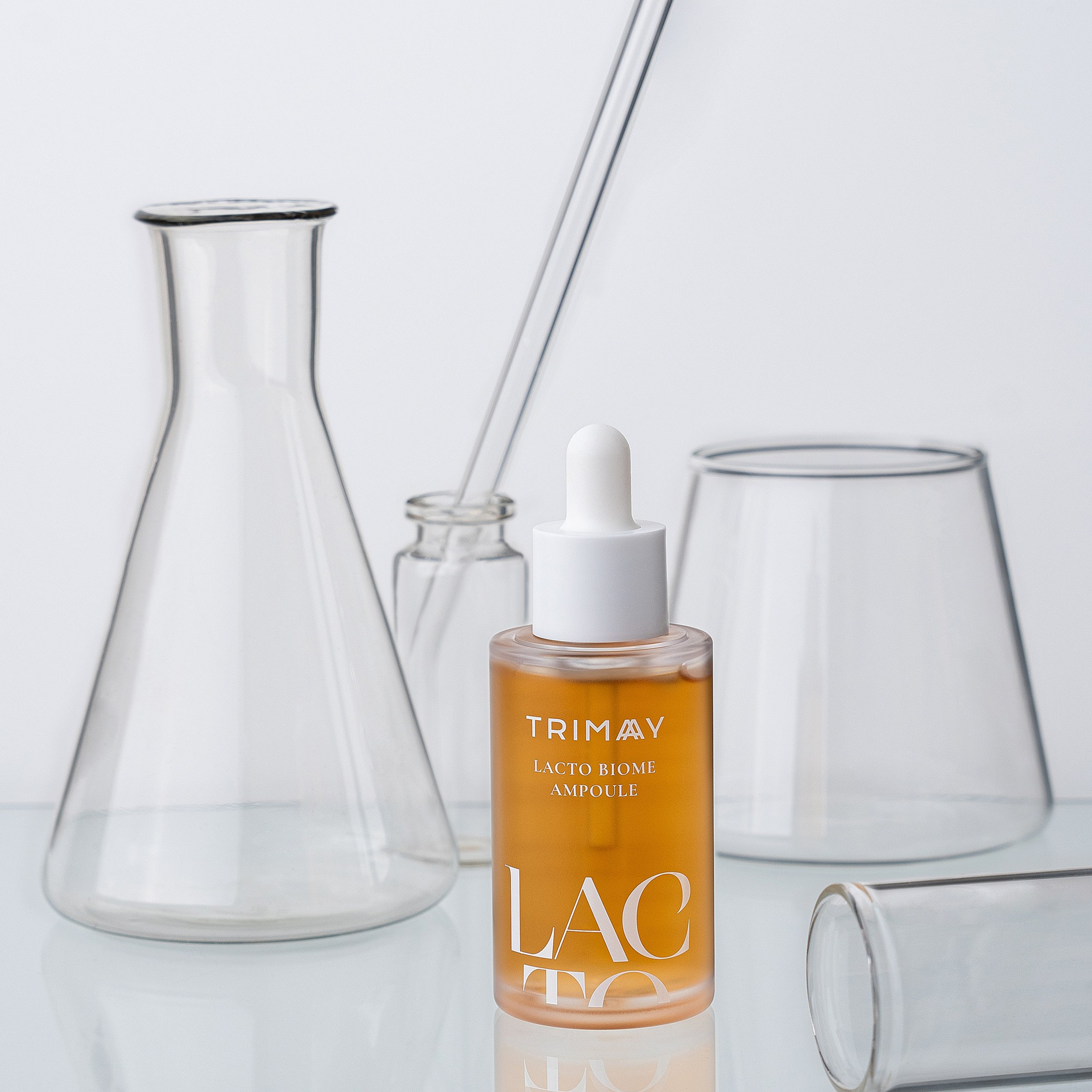
7 Tips for Taking Amazing Product Photos
In the world of online sales, first impressions are everything. Since customers can’t physically hold or touch your...
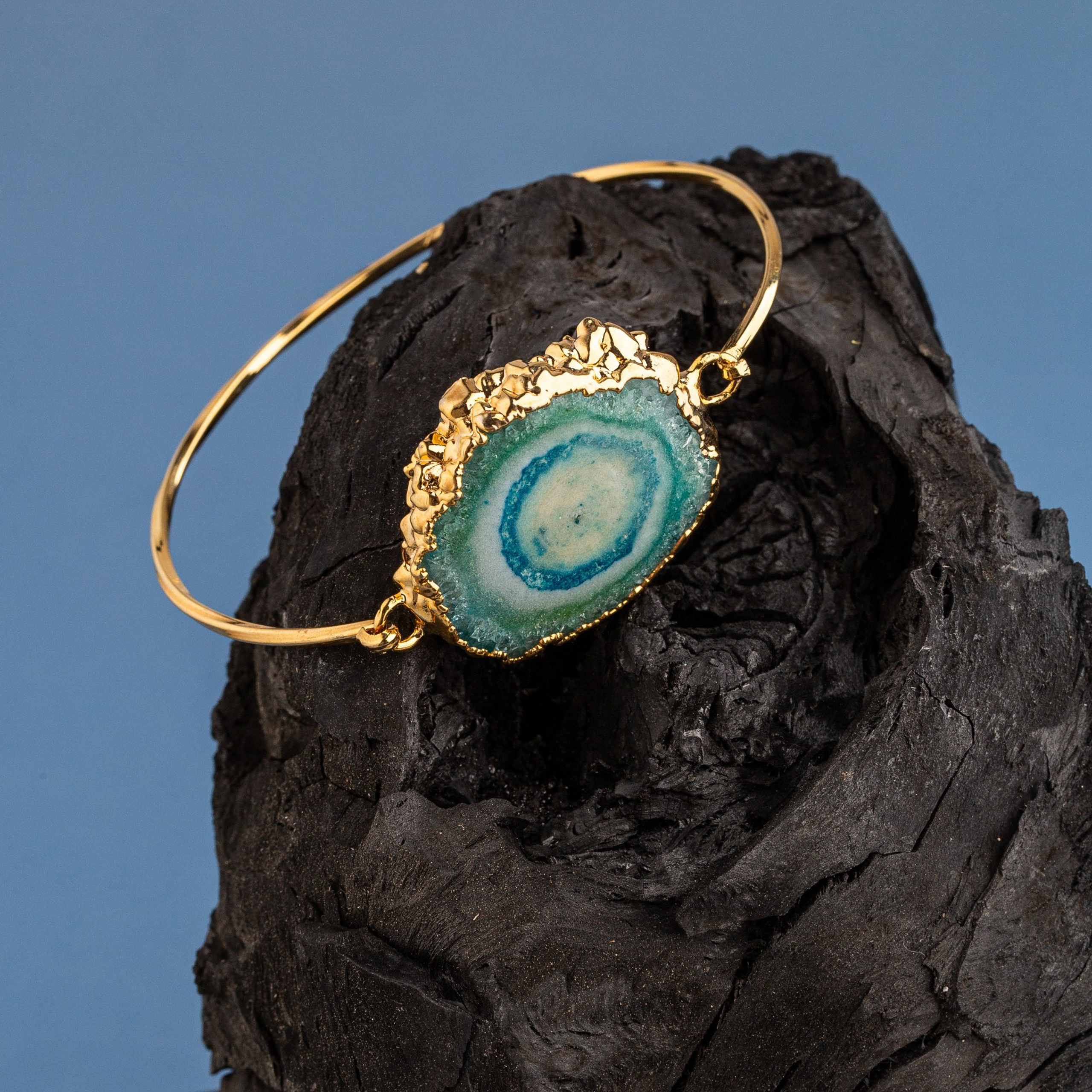
Macro Product Photography
One of the most crucial ways to succeed in selling jewelry products is through photographs that fully capture their...

Lifestyle Photography
Modern brands no longer just show their products — they want to convey a lifestyle, feelings, and experiences...
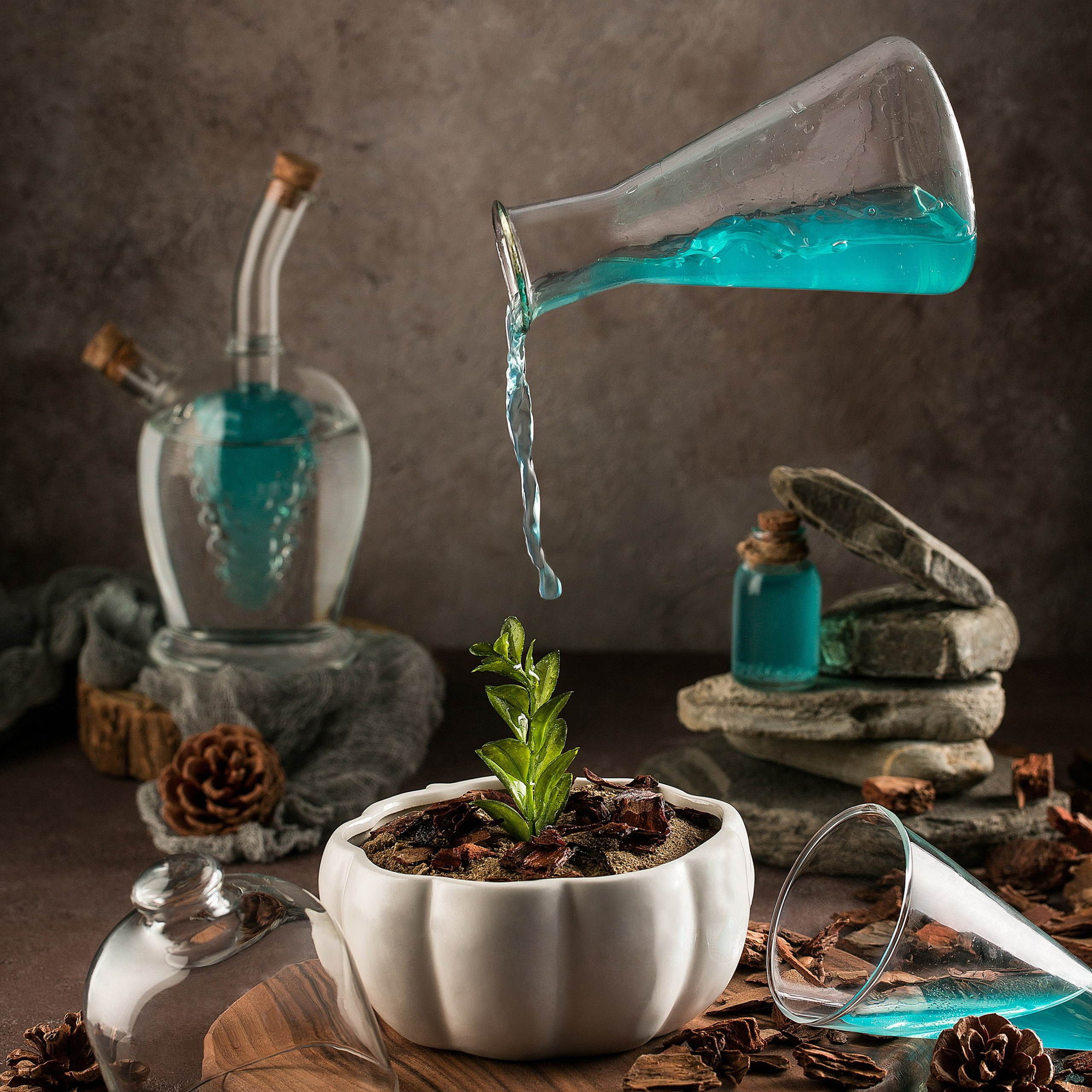
Creative and Conceptual Photography
Creative and conceptual photography is not just about creating a beautiful image — it’s about telling a story,...
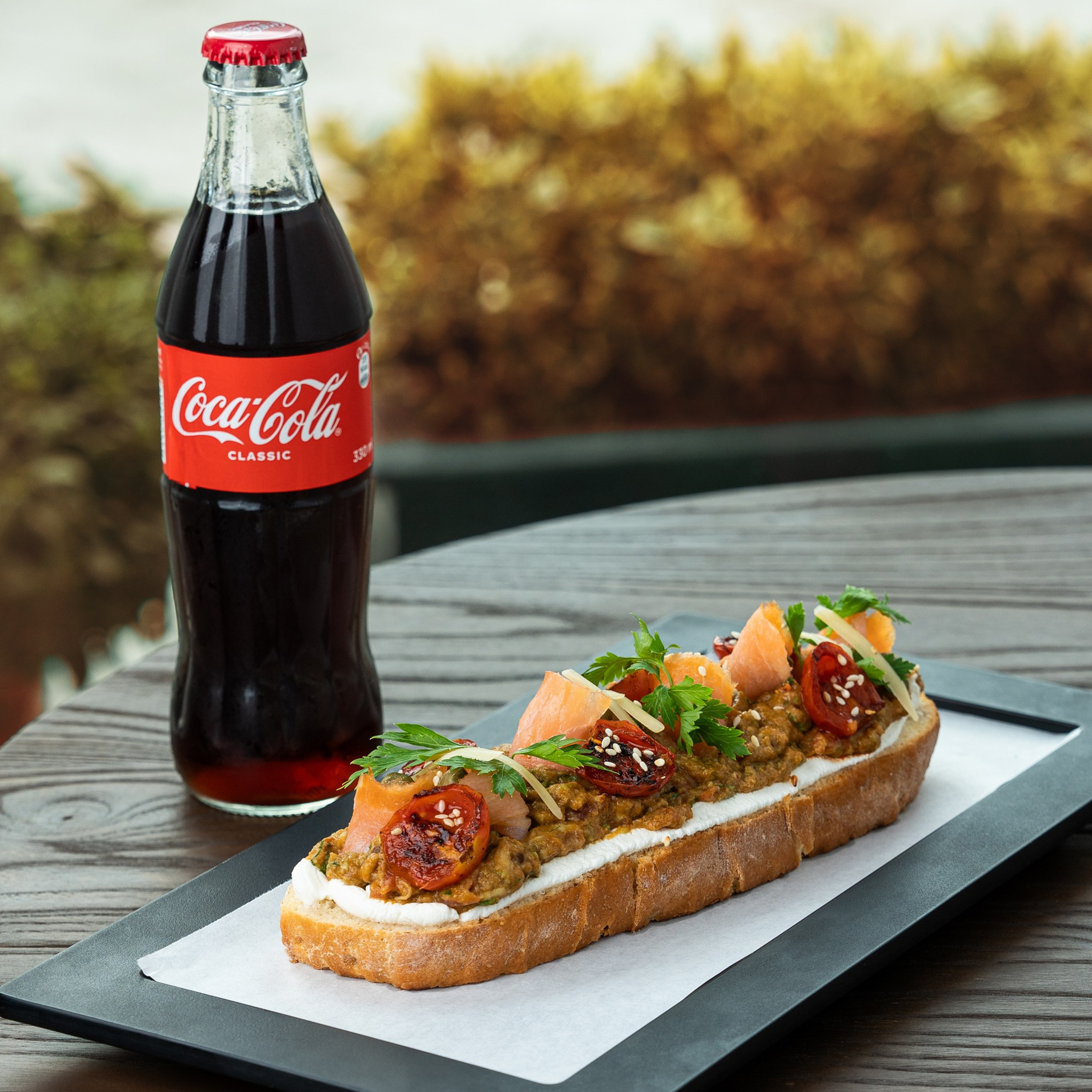
Food and Beverage Photography
Food and beverage photography is not just about taking appetizing pictures — it’s about telling your product’s brand...

Product Photographer’s Guide to Shooting Electronics and Technology Products
Photographing electronics and technology products is not just about showing their technical features — it’s also...
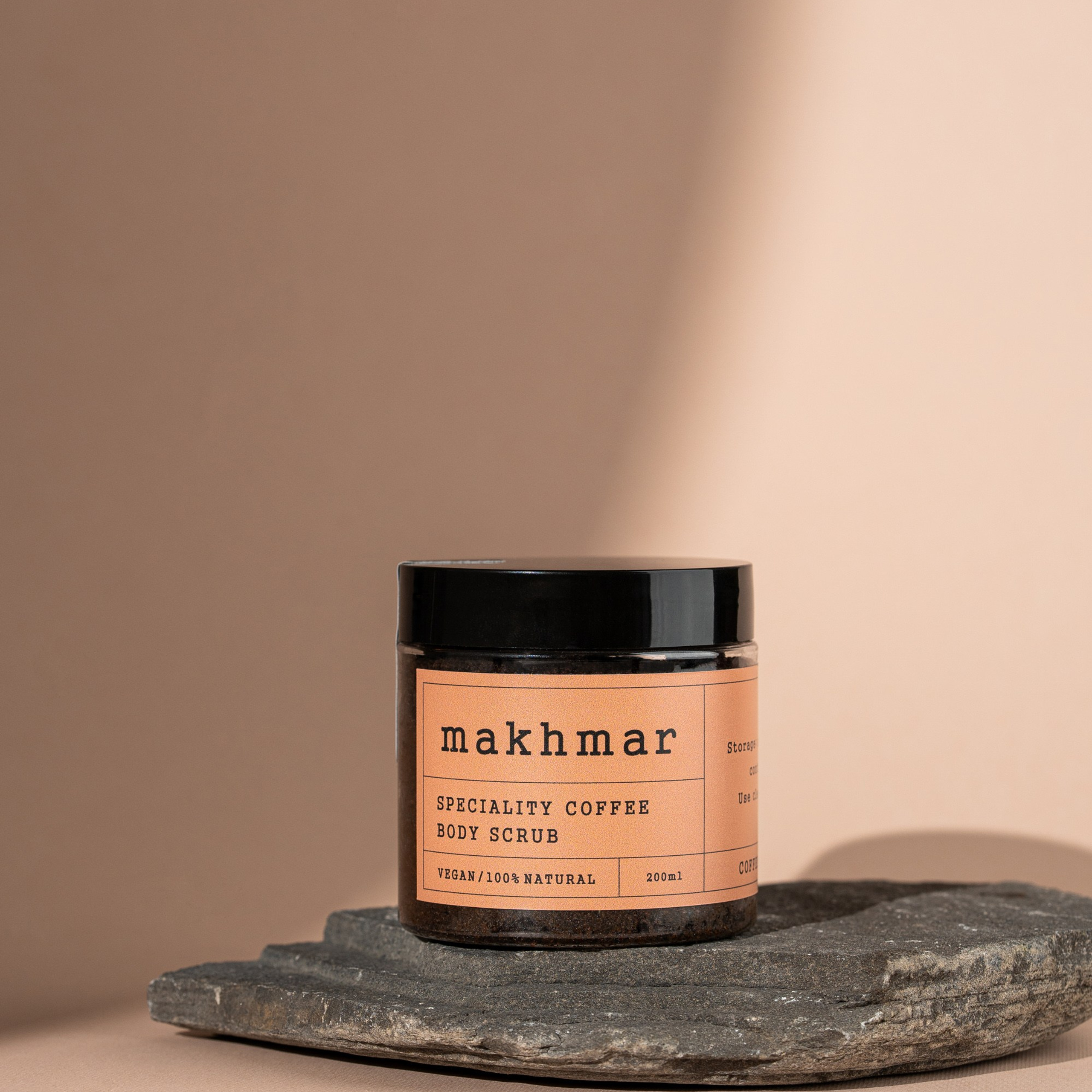
Visual Anatomy — #5: Makhmar
This shoot was created for Makhmar’s natural body scrubs and sun tanning oil. Initially, the client shared reference...

Cosmetic & Skincare Product Photography and Presentation Guide
In the cosmetics and skincare industry, packaging and visual storytelling are just as important as product quality....
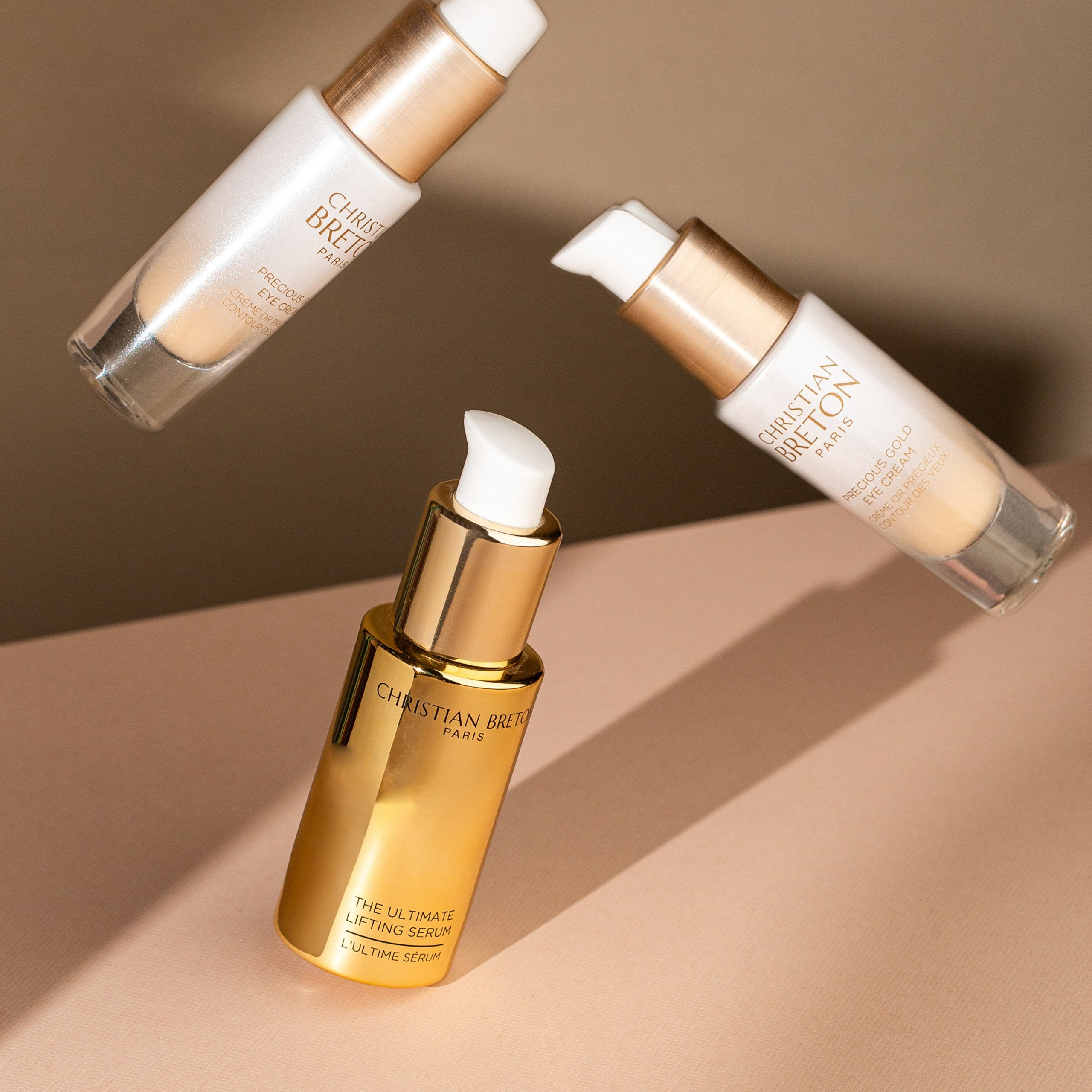
Visual Anatomy — #4: Christian Breton — Surreal Dynamics
Surreal product photography through dynamic composition and visual flow
This visual is not about products randomly...

Chicken Product Photography
Product photography is not just about showing what you sell — it’s about telling a story of quality, freshness, and...
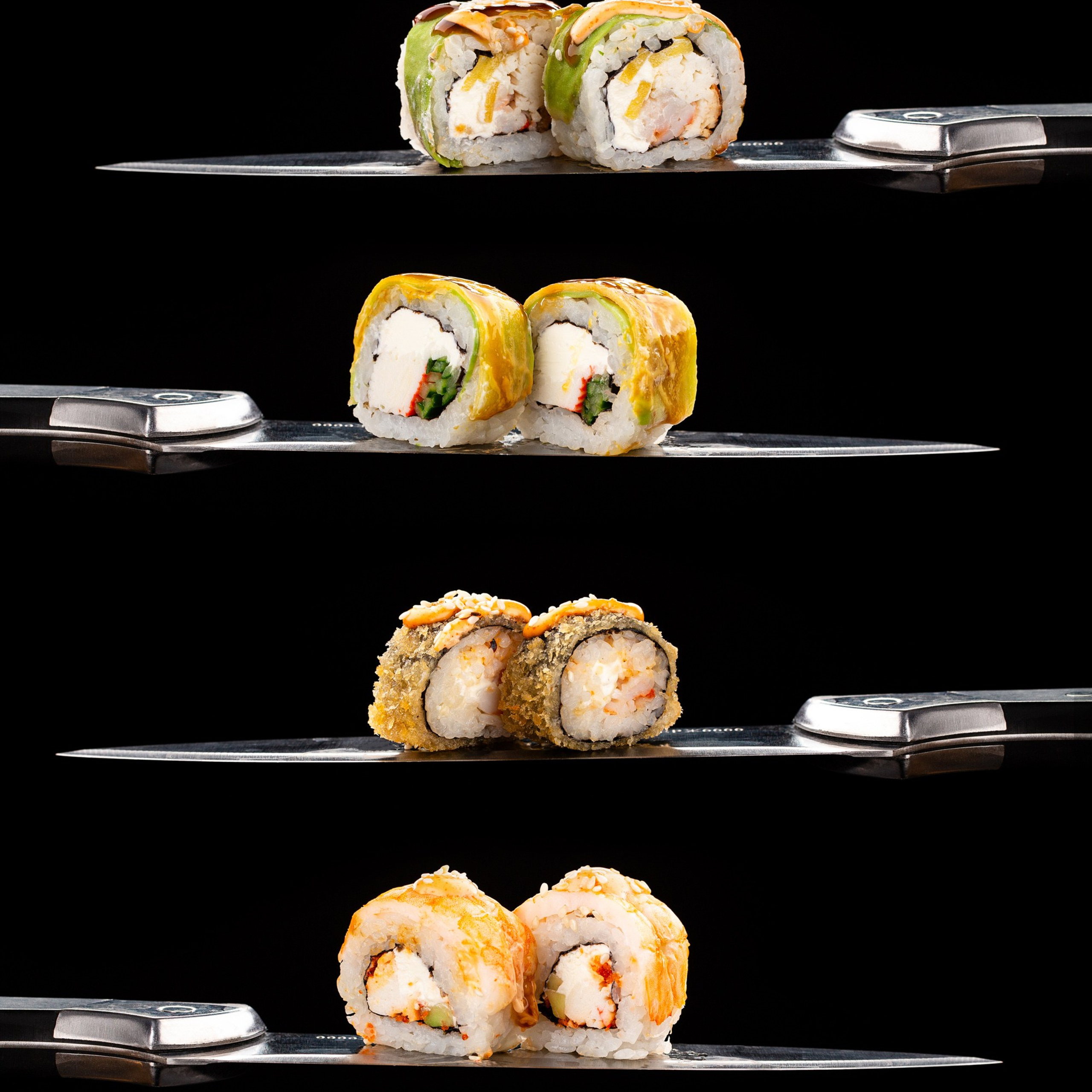
Sushi Food Photography
Sushi is more than a dish — it’s a visual language of texture, precision, and color. In the world of food...
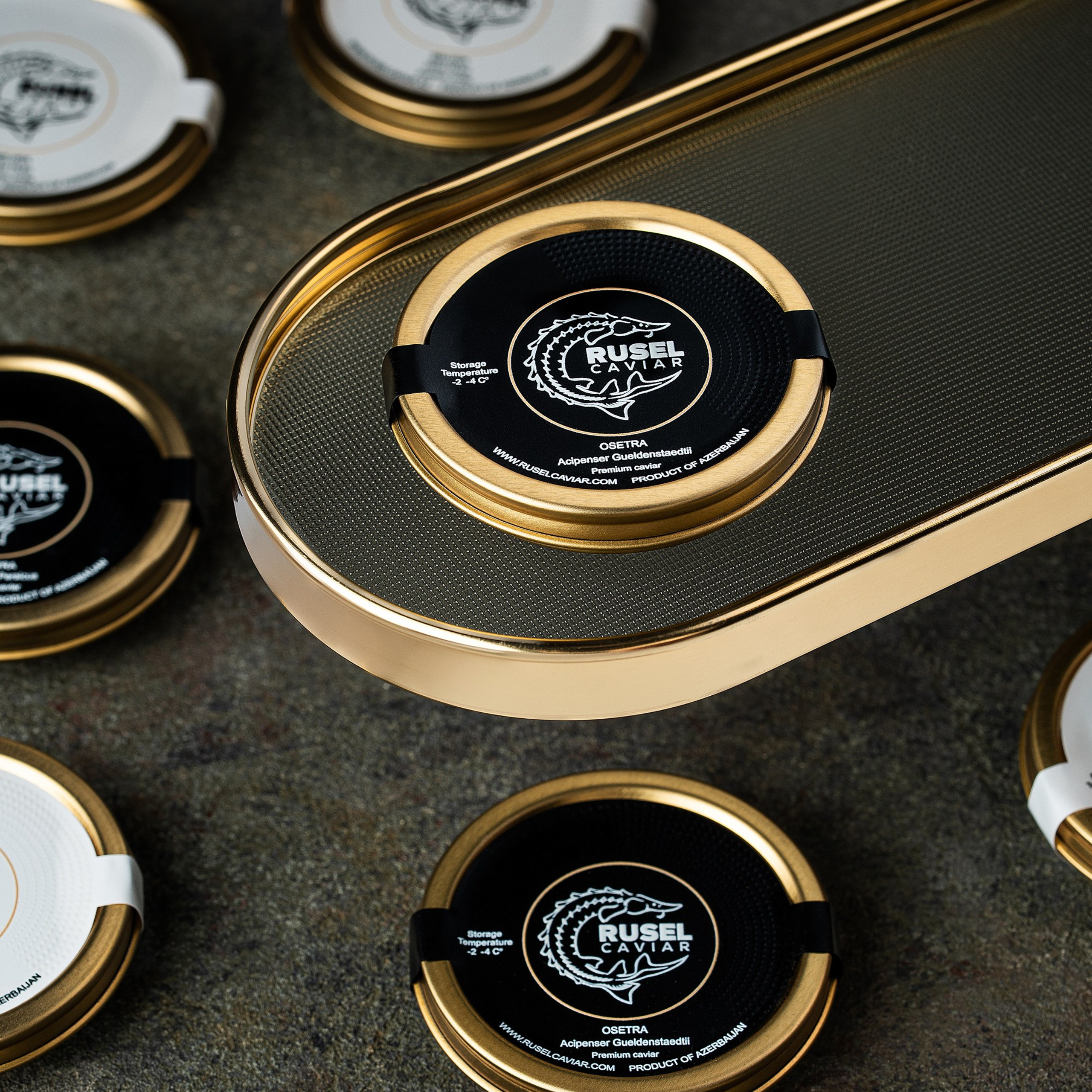
Luxury Caviar Photography
Premium caviar — especially black caviar — is not just food; it’s a symbol of luxury living. That’s why its...
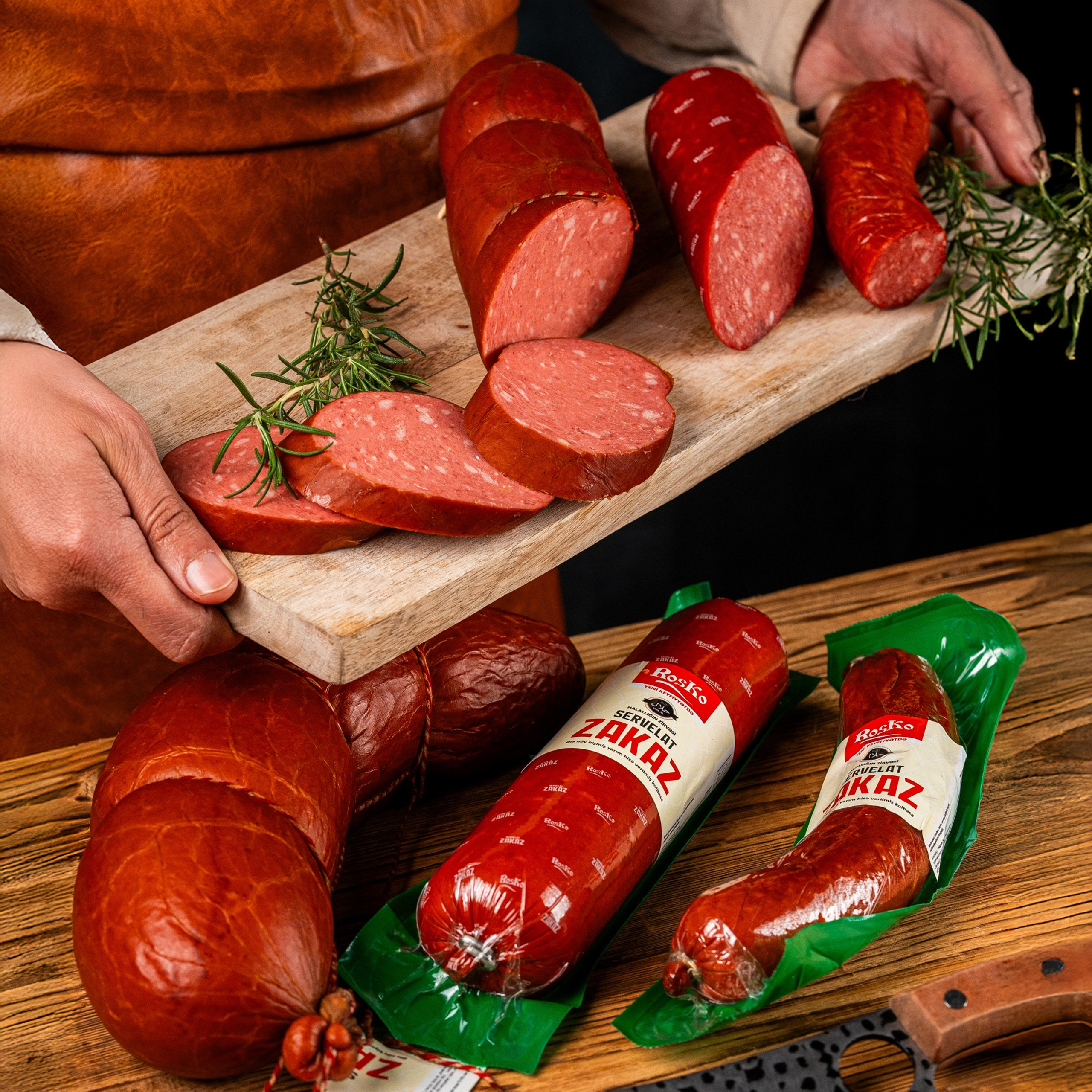
Sausage and Cold Cuts Photography
Photographing meat products — especially sausages and cold cuts — is not just about making them look delicious. These...












